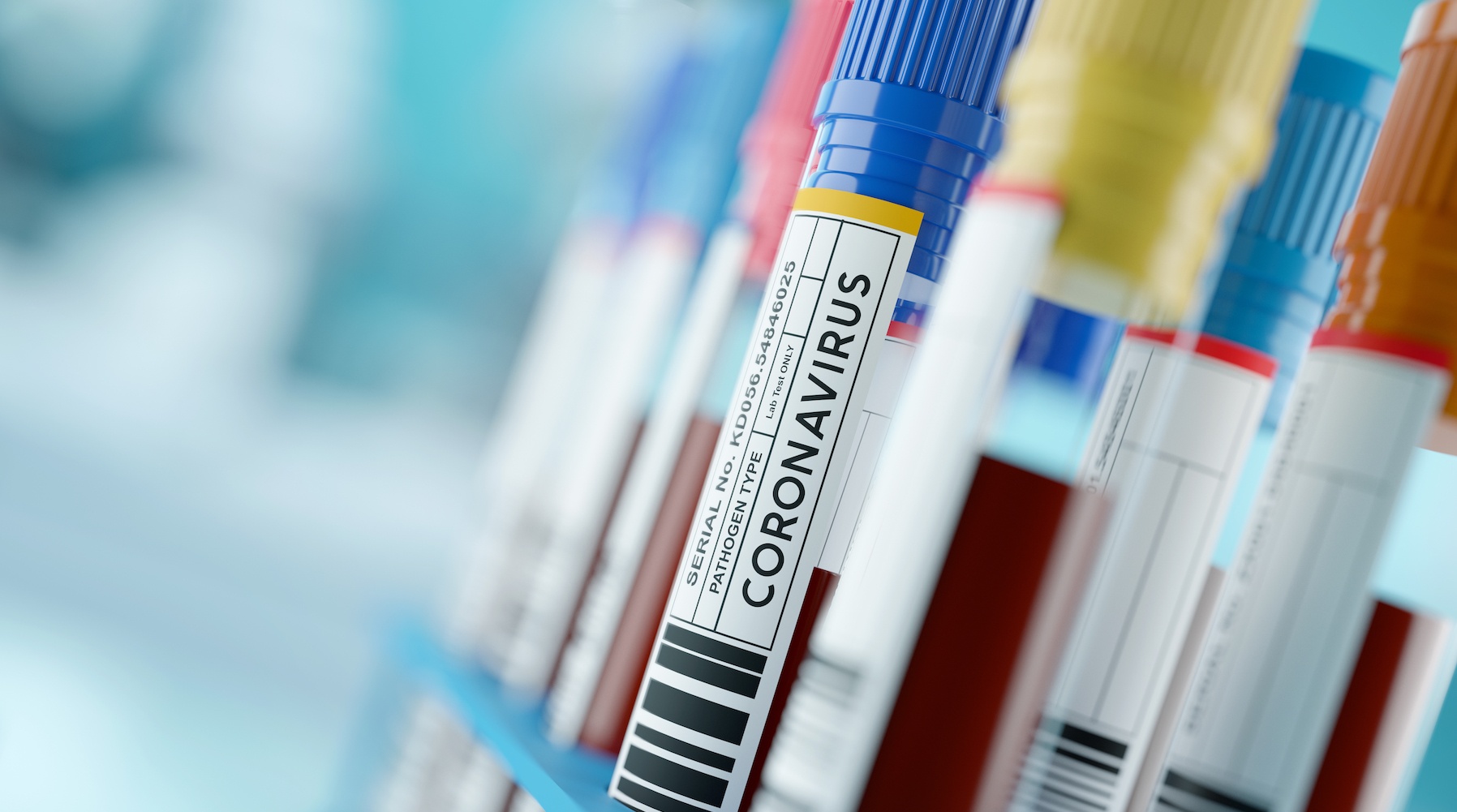Adam’s Journal
I’ve read reports of a new syndrome in children infected with the coronavirus. What is it, and how serious is it? Should all parents be concerned about it?
Dr. Prescott Prescribes
Doctors in New York have reported about 100 cases of the condition, which they’re calling pediatric multisystem inflammatory disorder. There have also been about 50 cases in Europe, including 10 from Italy reported in the medical journal The Lancet last week.
So, the first and most important takeaway is that this condition appears exceedingly rare.
Still, if a child falls ill with COVID-19, parents do want to monitor their condition to ensure they don’t develop symptoms of the syndrome. That means looking out for prolonged fever, severe abdominal pain, change in skin or tongue color, raised rash, chest pain and racing heart.
Scientists believe the syndrome is a post-infection response to the virus, an over-response of the immune system like those we see in autoimmune diseases like lupus.
At the Oklahoma Medical Research Foundation, our physicians often treat autoimmune illnesses with steroids to tamp down the body’s immune response with intravenous immunoglobulin to boost platelet counts in the blood. For children with this rare COVID-19 syndrome, those treatments also appear to be effective.
If the syndrome progresses without treatment, it can cause toxic-shock-like inflammation, which can lead to coronary complications. Some of the children have been placed on respirators, and a handful have died.
The syndrome is quite similar to another rare childhood illness, Kawasaki disease. In that condition, most children make a full recovery. Although it’s too early to know for sure, it appears this is also the case with this new syndrome.
We don’t know why some children develop this syndrome while the vast majority of others don’t. Many of them were previously healthy, and preliminary data suggests it doesn’t run in families.
This new syndrome provides one more reminder that kids are not immune to the coronavirus, nor are their cases always mild. Serious complications in children remain rare, but they can be life-threatening. That means continued precautions and vigilance are a must for parents.



